
Probably the most effective method to reduce our utilities bills is to have a well isolated house.
Heat losses can dramatically increase our gas or electricity consumption so for those who want to reduce the home energy costs it is very important to get to know how well isolated the house is and if there are any heat leaks.
It may not be that straight forward to identify the source of heat losses but with a FLIR ONE thermal camera it is possible to identify any losses by just walking around the house looking at the images displayed on the phone screen.


We have used the FLIR One Pro thermal camera to take the picture from the two buildings shown in the picture below. We know that the right hand side building is of recent construction and the left hand side building was most probably built over 20 years ago but it had the roof renovated recently.
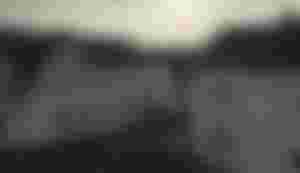

The thermal image and the heat readings from Spot 1 (9.1 degrees) and Spot 3 (11.4 degrees) clearly show what we can easily assume by just looking at the buildings, that the newer building’s elevation has lower heat loss that the older building.
Still, the reading from Spot 2 (7.7 degrees) and Spot 4 (4.1 degrees) show that the old building’s roof performs better that the roof from the newer building. The owners of the older building have significantly improve their hear efficiency by renovating the roof and now they should consider to do the same with the elevation.
For those of us who live in buildings which have been built recently, and efficient materials during construction, heat losses most probably will not be a problem but there always be room for improvement if we know where to look.
Armed with our FLIR ONE Pro thermal camera, we have gone around our house looking for heat losses and we show the results in the video below. Don’t forget to turn on the video captions because they display important information!
Interesting, isn’t it?
Through the imaged displayed by our FLIR ONE we could also notice that the underfloor heating was more active in some rooms than others but as we are living in a rented house we haven’t given it any major thought. Still, if in the future we are moving to a new place or if we build our own house, it will be most definitely useful to check if the underfloor heating is performing correctly. Once you have accepted the house and made the payment, there is not way back…
Apart from that, everything did look quite normal and the heat sources we could appreciate where all within what was expected. Some heat coming out the bulbs, from the kettle, from behind the fridge and from our daughter who was enjoying some cartons on the TV.
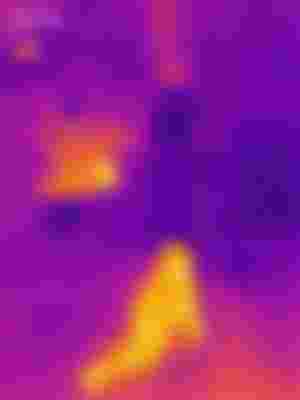
But then we decided to come out of the house and have a picture from the outside to see if we could appreciate any heat loss though the door. The thermal read was not any clear and we could see some heat sources, in red, that didn’t make much sense but one spot on the lower left of the door seemed to be irradiating a higher amount of heat so we took a look and then, yes, we found a flaw.
When the door frame was fitted, they left a gap between the frame and the floor allowing a draft to flow from where the heat was leaking towards the exterior of the house. That is why we had detected an unusual heat reading from outside the house.

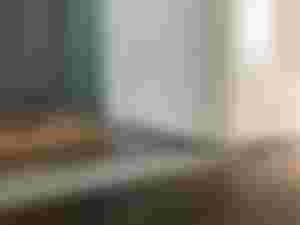
ll in all, it was an interesting experiment, even though this would had been a more productive if we could had conducted it in some older building or apartment block.
But most definitely we will perform the same test if any time in the future we decide to move to a new property because we may be able to spot any construction defects or come to know how efficient is the property and how much money we will be spending in heating.
We hope you have found the information useful. If you would like to know more, visit https://effiworkx.com/heating/
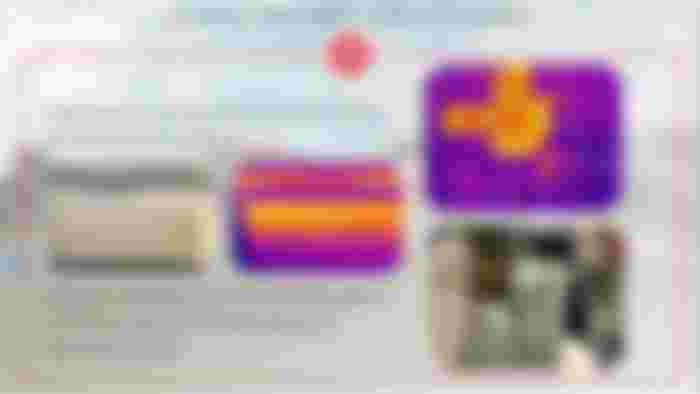


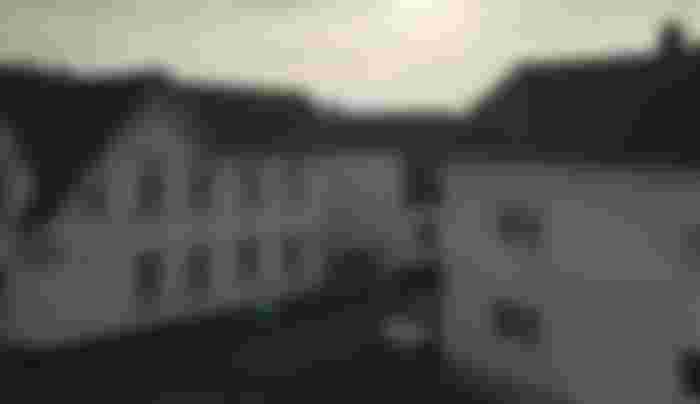

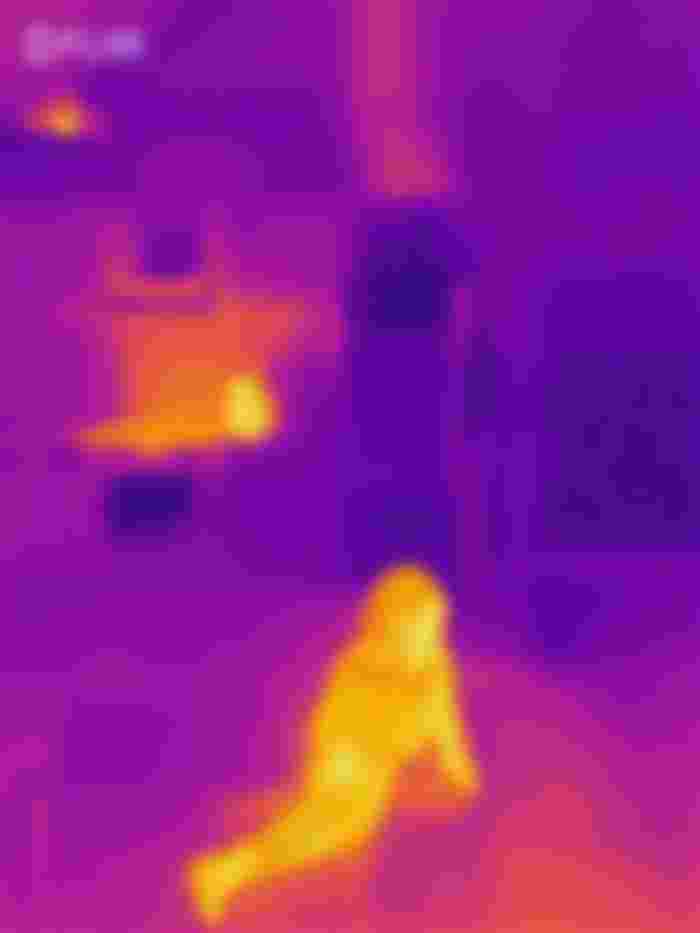

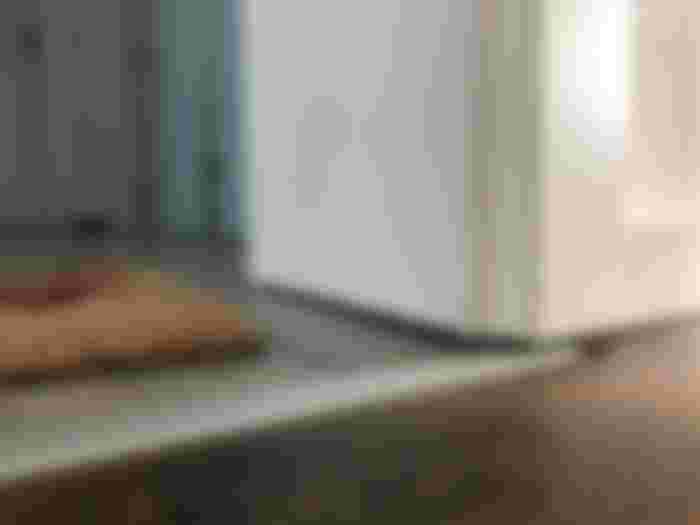
To detect heat leaks at home using a FLIR ONE thermal camera, conduct a visual inspection of walls, windows, and doors during colder months. Look for temperature variations that indicate potential leaks or insulation deficiencies. Focus on areas where warm air may escape or cold air may enter, such as around window frames, door seals, and electrical outlets. https://plumbingheatingcoolingnj.com/